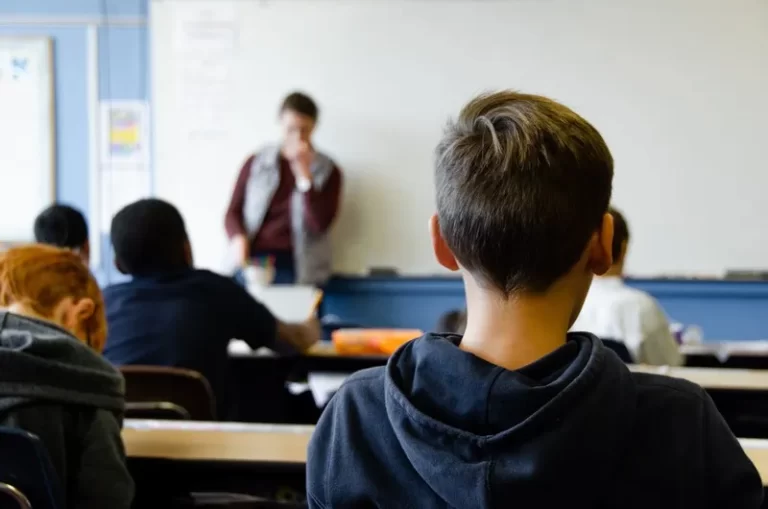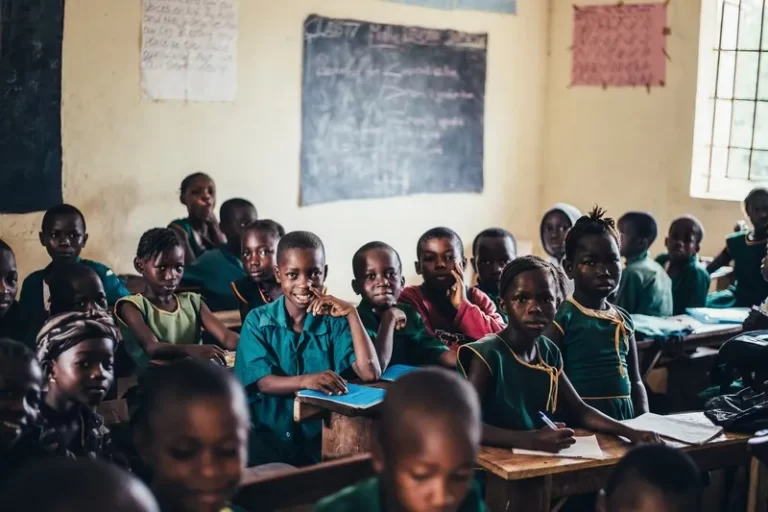
Laddish Behaviour and Competitive Pressure in Education
Learn about laddish behaviour and competitive pressure in education. Understand the definition, characteristics, and relationship between laddish behaviour and competitive pressure. Discover the impacts on educational outcomes and strategies for addressing laddish behaviour and competitive pressure in education. Create an inclusive and supportive educational environment for all students.










